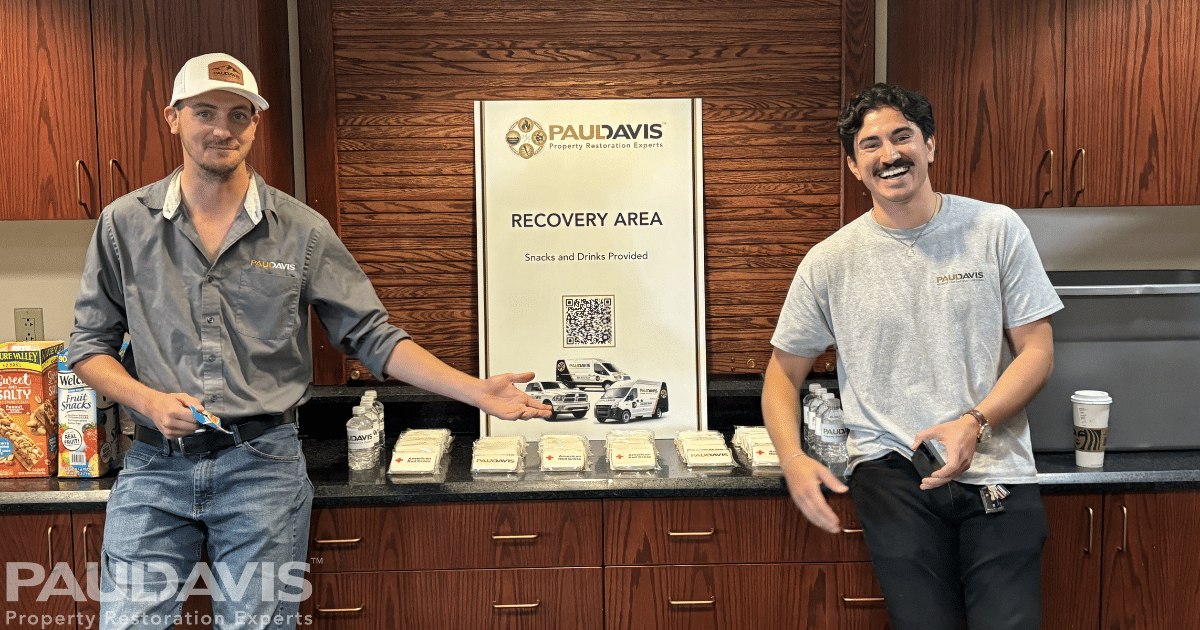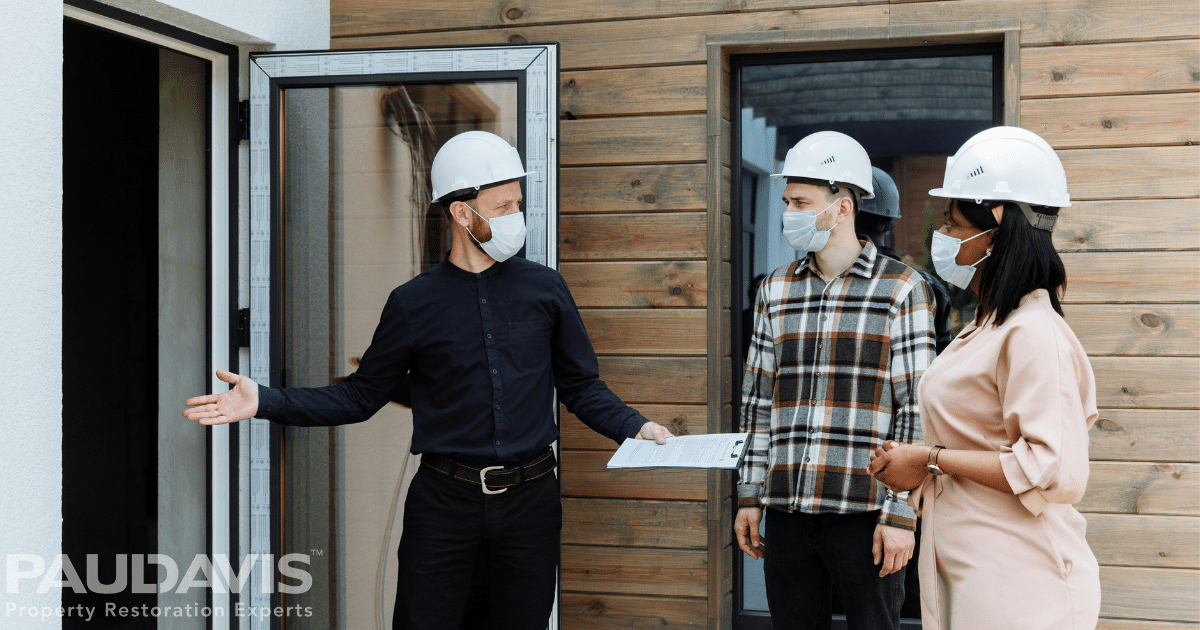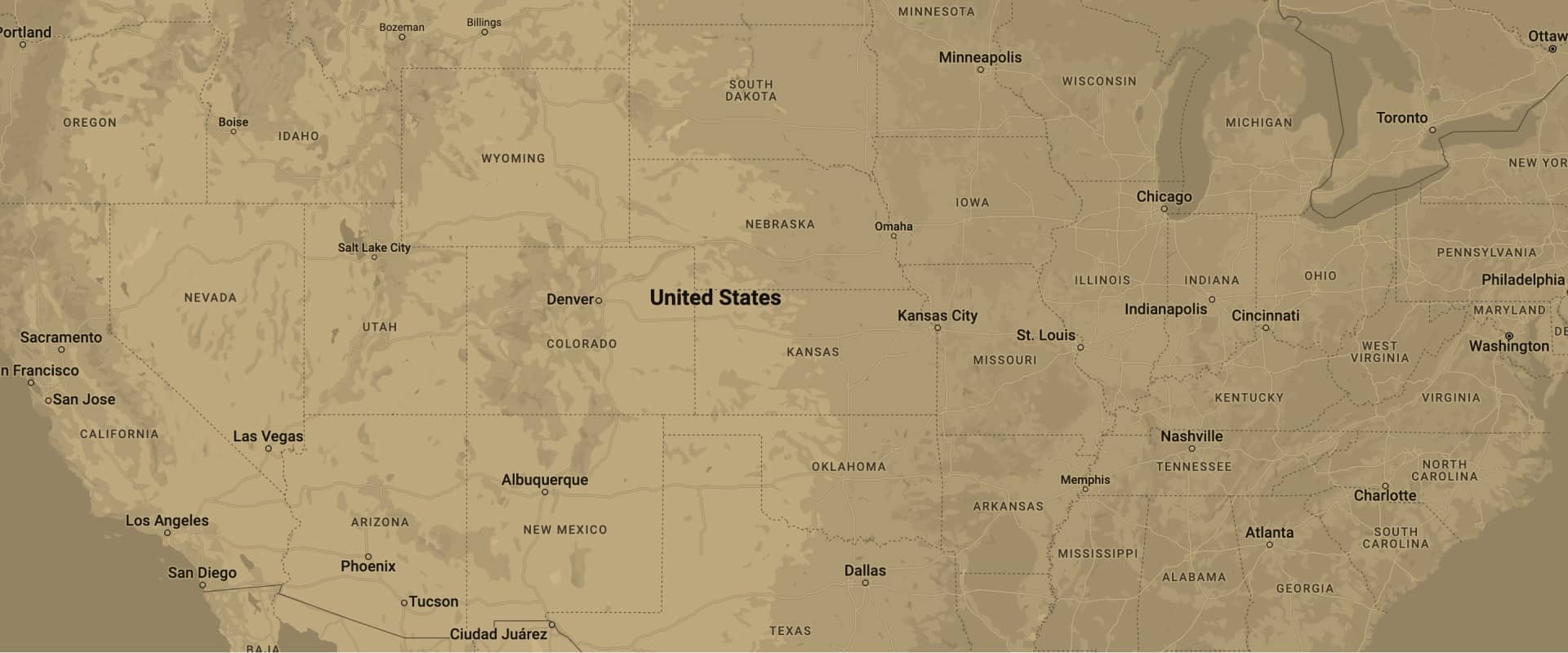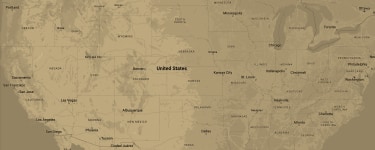Daily water-related household activities create humidity, which increases levels of moisture in the home’s environment. Proper building procedures have been developed to prevent moisture infiltration inside your walls, but some areas are more susceptible to wall moisture than others. Exterior walls are covered with a moisture barrier and siding, and interior walls typically have another moisture barrier underneath the sheathing. In most cases, it’s enough to keep water from saturating the wall material. However, if a property experiences a leak, burst pipe or weather-related flood, water can quickly saturate wall materials and protective barriers. If you suspect moisture in your walls, the following tips may aid you in measuring moisture levels in your home or property.
Visual Inspection:
A simple visual inspection can sometimes spot a severe moisture intrusion of drywall. For example, a compromised wall may begin to discolor and crumble, or it could bubble, all things that the naked eye can easily identify. Unfortunately, when water damage becomes visible, the situation indicates a significant moisture problem—and it’s best to take action as soon as possible.
Odor:
Sometimes moisture issues can be detected simply by smelling a musty odor. Unfortunately, this warning sign usually means that there is already quite a bit of mold growth present.
Moisture Meters:
Drywall can be considered compromised when a moisture meter detects moisture greater than 1%. Even water-resistant greenboard is finished once moisture gets past the green, water-resistant paper covering. It is a common misconception that greenboard drywall itself is water-resistant, but it’s only the paper coating that offers protection.
Thankfully, a pin-type meter with a drywall scale setting can take quantitative moisture readings. Professionals have this, though you may be able to find one at your local hardware store. Push the pins of the meter into the drywall to take a reading of moisture levels. Reference scale meters can determine whether moisture is or is not present in the drywall. By taking a reading in a sample of drywall that you know to be dry, it can provide you a low-level reading, which can serve as a good baseline. Next, take a reading of drywall materials you suspect to be moisture-compromised. Drywall has a low tolerance for moisture, so even the slightest increase from the first reading can indicate a moisture issue. A reference scale reading can also be used to quickly establish a pass/fail reading, as any significant moisture indication in drywall usually means that the drywall is compromised. Taking multiple samples and testing numerous sites around an affected area is very important in identifying the extent of the damage as soon as possible, and keeping the problem from spreading.
Suspect that your drywall has been compromised by moisture? Contact remediation specialists for professional help. Emergency water damage experts, such as those found at Paul Davis, will be able to help you tackle the issue efficiently. Remember: when there’s water damage, This Is No Time For Second Best®.











